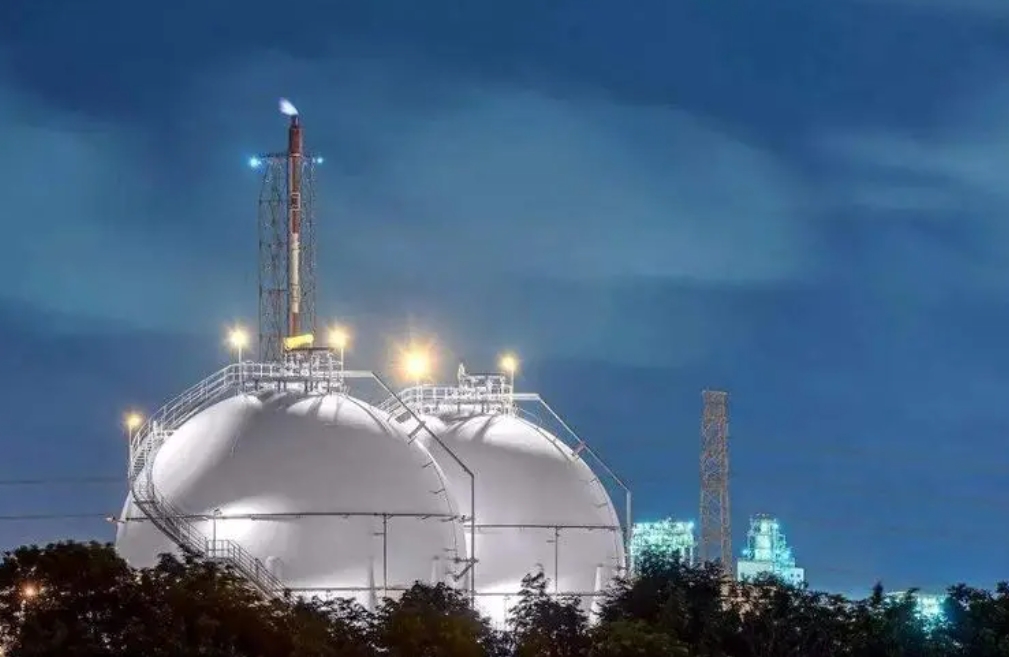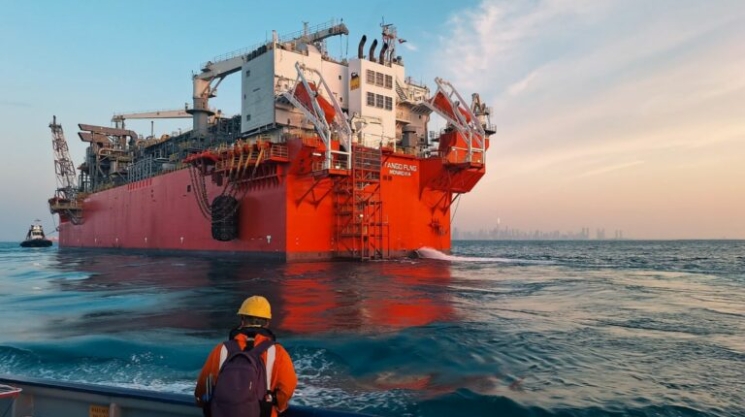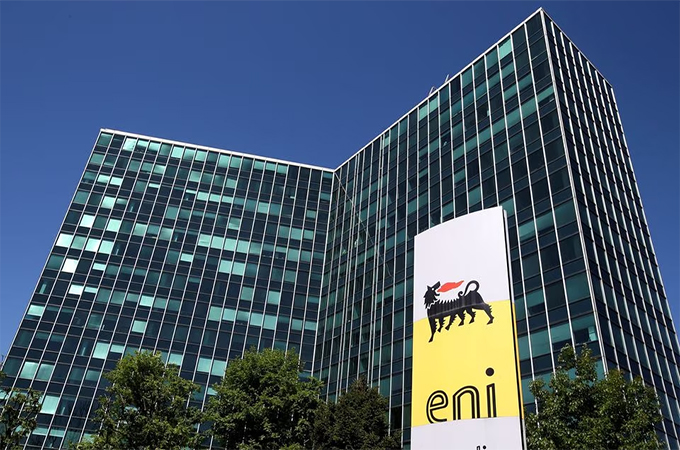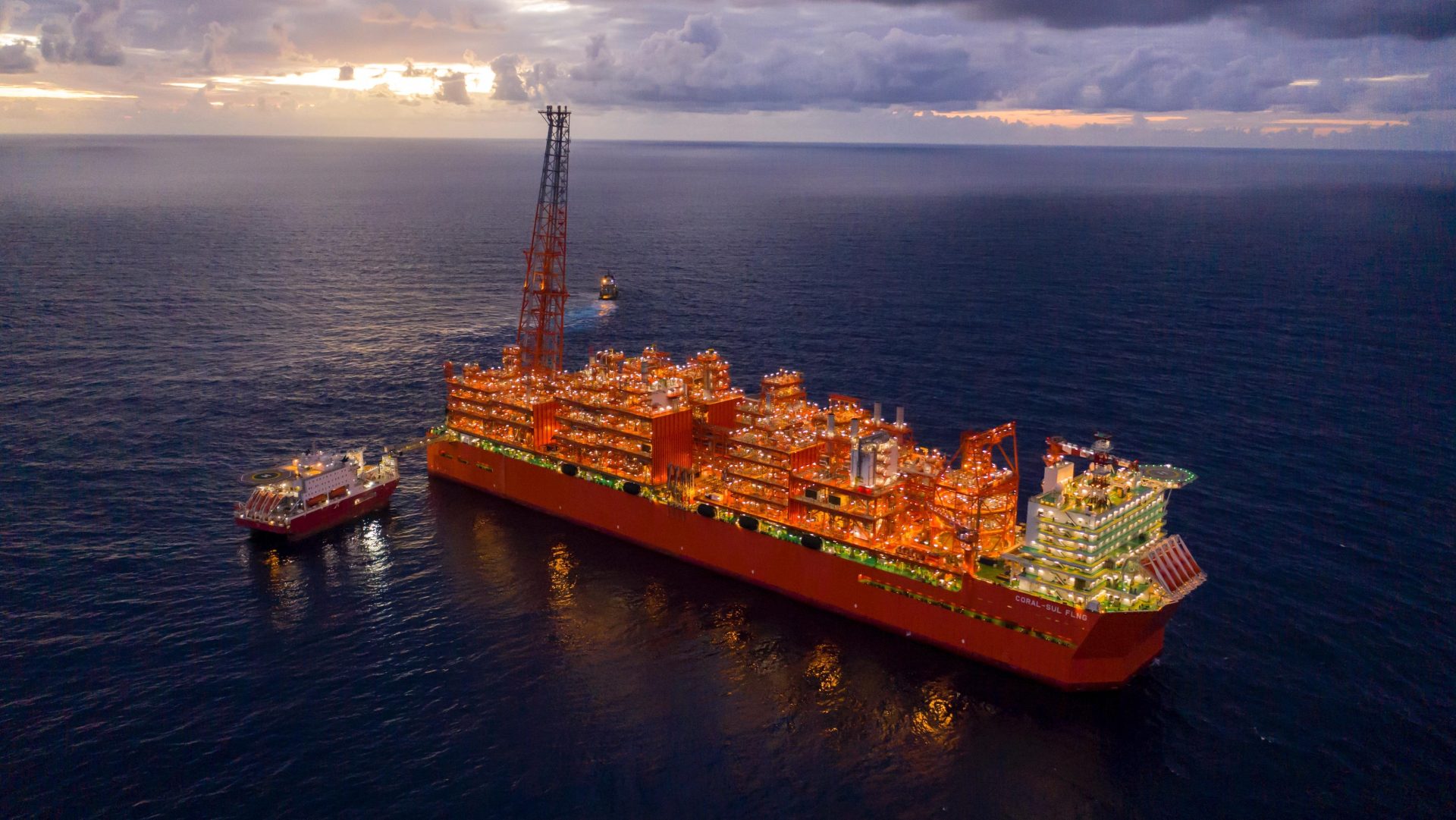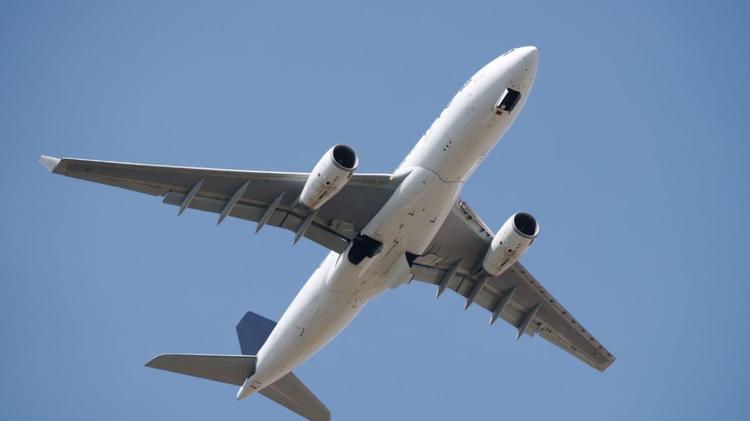
The R&D Dynamics system will be used for electricity generation for non-propulsive power.
Airbus UpNext has announced that it is replacing an A330 aircraft’s onboard auxiliary power unit with a hydrogen fuel cell system from R&D Dynamics to produce electricity on the plane.
The electricity generated will be used to provide power to systems other than the plane’s propulsion.
The R&D Dynamics Corporation received an Airbus UpNext contract for this purpose. Through this agreement, R&D Dynamics will develop air compressors for a new demonstrator aircraft. This will be used for the development of the next generation of onboard non-propulsive power using hydrogen fuel cells to generate the necessary electricity.
As such, this is different from other projects using H2 in aircraft, such as those making headlines from ZeroAvia. That company is using H2 for its aircraft propulsion. In this case, the electricity generated will be used for other inflight applications. These include such purposes as onboard lighting, air conditioning, and others aside from propulsion.
The hydrogen fuel cell system will be built into an Airbus A330 aircraft for electricity generation.
Airbus UpNext will do this by replacing the onboard APU on the aircraft with the H2-fuelled system. This will be the first time the companies have moved forward with this type of technology in aircraft.
The R&D Dynamics Corporation is a company based in Connecticut. It is focused on conducting research, design and manufacturing for energy efficient, reliable, fossil fuel-free, foil bearing supported high speed turbomachinery.
This type of technology comprises a broad spectrum of different types of devices and applications. For instance, it includes a range of turbo expanders, turbo generators, compressors and a number of other applications.
R&D Dynamics is already in collaboration with several major players in aerospace as well as commercial customers. They are working to provide the next generation of clean energy turbomachinery using a range of technologies including the hydrogen fuel cells in its contract with Airbus UpNext.
H2 has been an increasing focus in the aerospace industry due to its zero-emission use and the range it can provide, among other reasons.

